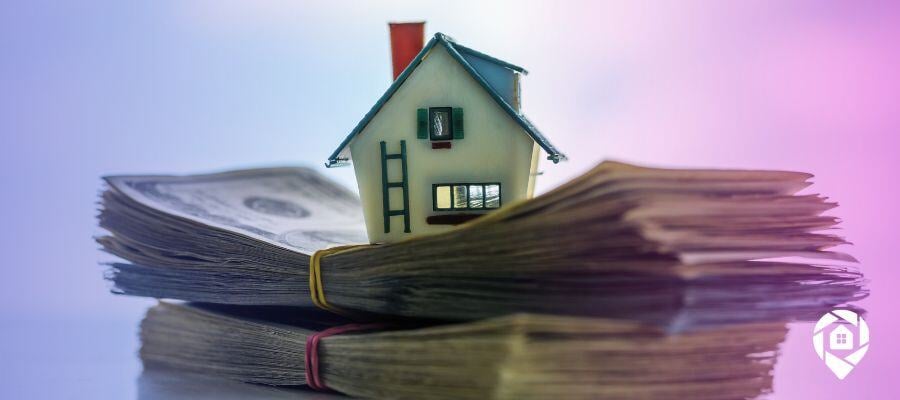
The Double Close Real Estate Strategy: A Guide for Investors

What is double closing in real estate? Do you have experience as an investor executing this strategy?
If not, you're possibly missing out on a valuable investment strategy that can maximize your profits while minimizing your risk. Demystifying this method, commonly used in wholesale real estate, will open you up to new possibilities and bolster your investing portfolio. So without further ado, let's dive in.
Understanding Double Closing
A double close in real estate involves two separate transactions.
The first transaction involves an agreement between the initial property owner (Seller A) and the investor (Buyer B). In this transaction, the investor agrees to purchase the property from Seller A. Meanwhile, the second transaction is between the investor (Seller B) and the end buyer (Buyer C). The investor agrees to sell the same property to this second buyer for a higher sale price.
The key is that both transactions happen back-to-back, and the investor never technically owns the property. This allows the investor, or 'middle-man', to pocket the difference between the purchase and sale price as profit. This process typically necessitates the use of transactional funding, a special type of short-term credit.
The Importance of Double Closing
Choosing to double close versus a normal close in real estate can offer a number of advantages. It is specifically beneficial in scenarios where the price difference between the purchase and sale price is substantial, or when maintaining confidentiality around the purchase price is crucial. This is a quality practice in wholesale real estate.
Step-By-Step Guide to Double Closing
Step 1: Find a suitable property
Your role as the wholesaler is to locate a property that's priced below market value. The property owner should have an urgency to sell - for instance, if they're dealing with financial constraints or if the property is in a state of disrepair. To find properties you'll need to generate leads whether that is through driving for dollars, build a list, cold calling, mail marketing, etc. If you need more resources on lead generation in real estate be sure to check out this post.
Step 2: Negotiate with the property owner
Once you've found a suitable property, you will negotiate a price with Seller A and sign a purchase agreement. This is only the first of the two separate transactions involved in a double-closing real estate deal. For tips on negotiation in real estate check out our other blog post.
Step 3: Find an end buyer
Before or after securing the right to buy the property, you must find an end buyer who is willing to pay a higher price for the real estate. This could be another real estate investor or any person looking to buy a home.
One of the keys to finding buyers is to network. You never know who you talk to that might be looking to buy real estate. You don't have to sales pitch people every time. Just mention that you are a real estate investor and wholesale or flip houses and it might spark a bigger conversation.
Step 4: Coordinate the sale
Prepare a second contract {or sale agreement) with Buyer C. This is the second part of the double closing real estate transaction. Ensure that your selling price is higher than your buying price in order to make a profit. Make sure the numbers will work out on both ends of the deal before committing to a price with your end buyer.
Step 5: Conduct the Double Close
Arrange the back-to-back closings with a title company. The double close in real estate happens in two steps: firstly, you buy the property from Seller A; then you sell the property to Buyer C. You never technically take ownership of the property. If there is some time in between you may need to find transactional funding for your deal during a double close versus a traditional wholesale deal.
Pitfalls to Avoid
While double closing can be a potent strategy in hitting gold in real estate, caution is essential. One common pitfall is failing to locate an end buyer, which leaves the investor liable for the purchase. Additionally, not all title companies are familiar with this strategy, so ensure to work with experienced professionals.
In Conclusion
In mastering the art of the double close in real estate, investors can uncover promising opportunities to enhance their profits. Note that while advantageous, double closing is not a one-size-fits-all solution, and should be executed carefully and strategically for best results.

About Samantha Ankney
Samantha is the Social Media Manager at DealMachine, where she oversees all social media strategies and content creation. With 3 years of experience at the company, she originally joined as a Media Specialist, leveraging her skills to enhance DealMachine's digital presence. Passionate about connecting with the community and driving engagement, Samantha is dedicated to sharing valuable insights and updates across all platforms.



